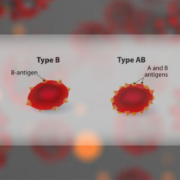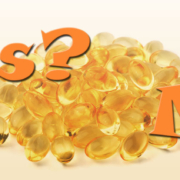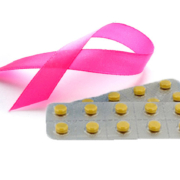Does Exercise Reduce COVID-19?
I’ve written about fitness and COVID-19 before, but a recent post by a colleague got my attention. I had never been able to find any research that suggested people who are fitter would have less serious cases of COVID-19 or any upper respiratory infection for that matter. I thought maybe the scientific paper he used might provide an update. In addition, there were a couple of statements in the paper that caught me by surprise. Here’s what I found.
Exercise and Fatty Lungs
The paper suggested that if a person were overweight or obese, there could be an increase in fat cells in the lungs. As such, that could increase the available components such as fatty acids that could contribute to the cytokine storm in extreme cases of infection. I’d never heard that fat cells were found in the lungs, so I decided to dig deeper.
The paper referenced an article that talked about risk factors for severe cases of the COVID-19. They cited two studies. The first was a study on overweight diabetic rats. However, we’re not rats so we can’t assume the same applies to humans. The other article dealt only with obesity. The paper said that in a small study on humans, fat cells were found in the lung parenchyma where gas exchanges occur in the lung tissue.
I decided to check out that paper as well. It was a post-mortem examination of the lungs of normal-weight and overweight subjects who died from asthma and non-respiratory conditions. Researchers found fat cells in the cell walls of large structures greater than 6 mm in diameter but none in smaller areas. There was an increase in the fat cells and immune response cells in the fatal asthma cases in obese subjects. While interesting, it does not support the original article indicating fat cells in the lungs to any significant degree, because some obese subjects had none in their lung tissue.
Exercise and COVID-19
The rest of the paper discussed the benefits of exercise as it relates to weight loss, reducing cardiovascular disease, and improving metabolic systems, especially as related to type 2 diabetes. They talked about how every type of exercise improves the body enough to reduce comorbidities, and reducing comorbidities may lead to a better outcome if you get COVID-19.
The only misstatement was that exercise is a way to reduce a significant amount of body fat. It’s not; you also have to reduce your caloric intake to do that. But exercise can improve every organ system to respond better to challenges. That may help if one catches a severe case of COVID-19, so they got that right.
The Bottom Line
Exercise has been described this way: it would be the most prescribed medication in the world if it were in pill form. Based on this paper and the sum total of all the research on exercise and health, exercise can help you reduce your risk of a severe case of this or any virus, maybe not directly, but in helping you reduce your comorbidities. Move more and start today!
What are you prepared to do today?
Dr. Chet
References:
1. Front. Physiol. doi.org/10.3389/fphys.2020.572718
2. Diabetes Metabolism. 2020. https://doi.org/10.1002/dmrr.3325.
3. Eur Resp J. 2019. 54:1900857; DOI: 10.1183/13993003.00857-2019









